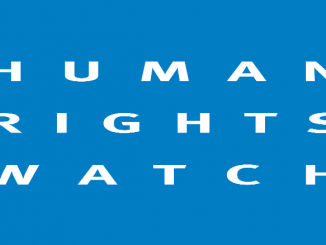
British Petroleum(BP) has signed amendments to the Temsah, Ras El Barr and Nile Delta Offshore concessions in Egypt, allowing for the development of the Nooros field, the company said, according to Reuters.
Hesham Mekawi, BP’s North Africa chief said in a statement that “BP is proud to progress the acceleration of its drilling activities in the three concession areas.The conclusion of these amendments was a critical milestone that allowed the discovery and fast track development of the Nooros field.”
Noroos achieved in September a record production of 700 million standard cubic feet per day, the company said, and is targeted to reach 880 million standard cubic feet per day by early 2017.
Reuters reported that BP holds a 50% interest in Temsah and Ras El Barr, and a 25 %interest in the Nile Delta Offshore Concession. The remaining working interest is held by ENI through its subsidiary IEOC.
Egypt has once been an energy exporter, however it turned into a net importer because of declining oil and gas production and increasing consumption.
It is trying to speed up production at recent discoveries to fill its energy gap as soon as possible.
Egypt currently produces about 3.9 billion cubic feet of gas per day and imports another 1-1.1 billion cubic feet per day.
In fact, Britain relation with Egypt has intensified since the military coup in 2013.
Huffington Post has published an article titled: “Britain and The Military Rulers of Egypt-Another Extraordinary Special Relationship,”confirming that the UK’s new relationship with the autocratic military government in Egypt is worrying as it wrote that since the military coup led by General Abdel Fattah al-Sisi against Egypt’s first democratically elected president Mohamed Morsi in July 2013, “Egypt has once again become a nasty, repressive regime.”
The British government has been accused of undermining the human rights violations in Egypt under al-Sisi’s rule for achieving security and economic benefits.
Britain has perceived Morsi’s government and the Muslim Brotherhood as a serious obstacle for oil and gas deal.
The BP-led consortium had been haggling over the terms for the West Nile project for years and was seeking direct ownership over the resources and accrual of 100% of the profits that Morsi government and with some leading figures objecting BP’S demands.
Indeed, by mid-2013, just weeks before the coup, the Morsi government was engaged in talks with BP demanding far better terms.
However, when al-Sisi captured power all this has changed and now a new deal under the military regime” offers BP exceedingly generous terms and, most importantly, has moved Egypt away from a long-used production-sharing model in which companies and countries typically split profit 20:80, to a tax royalty scheme that essentially privatizes Egypt’s gas sector and hands control and oversight of natural resources to private companies,” said the Huffington Post.



